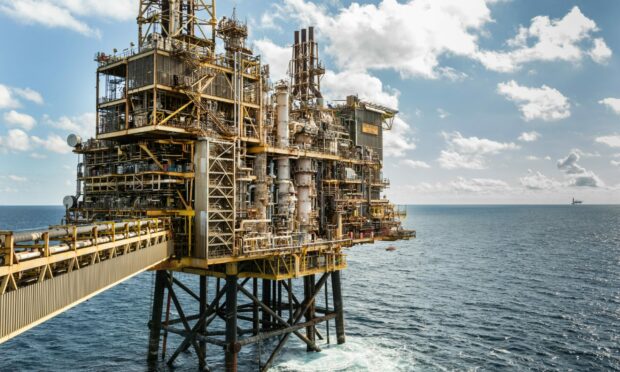European supermajors Equinor and Shell are set to combine their UK offshore oil and gas assets to form the UK’s largest oil and gas operator.
When the deal is signed off Equinor UK will control 50% of the new firm and Shell UK will hold the remaining 50% stake.
As the UK basin continues to mature, the firms say this combination of portfolios will enable “continued economic recovery of this vital UK resource.”
The joint venture is predicted to produce more than 140,000 barrels of oil equivalent per day next year.
Following completion, the new company will be self-funded, Equinor shared. The firm’s stake will be equity accounted, and no organic capital expenditures related to the investment will be reported by the firm.
Deal includes exploration licenses
Equinor’s executive vice president for exploration and production international, Philippe Mathieu, said: “Equinor has been a reliable energy partner to the UK for over 40 years, providing oil and gas, developing the offshore wind industry, and advancing decarbonisation.
“This transaction strengthens Equinor’s near-term cash flow, and by combining Equinor’s and Shell’s long-standing expertise and competitive assets, this new entity will play a crucial role in securing the UK’s energy supply.”
The firm is to be set up in Aberdeen and will take over stakes of Equinor’s Mariner, Rosebank and Buzzard fields and Shell’s Shearwater, Penguins, Gannet, Nelson, Pierce, Jackdaw, Victory, Clair and Schiehallion.
Equinor confirmed that “a range of exploration licenses will also be part of the transaction.”
Shell’s integrated gas and upstream director, Zoë Yujnovich, added: “Domestically produced oil and gas is expected to have a significant role to play in the future of the UK’s energy system.
“To achieve this in an already mature basin, we are combining forces with Equinor, a partner of many years.
“The new venture will help play a critical role in a balanced energy transition providing the heat for millions of UK homes, the power for industry and the secure supply of fuels people rely on.”
The deal will take economic effect a the start of next year and the firms estimate that approvals will be delivered by the end of 2025.
For this, Houlihan Lokey advised Equinor on this transaction while Jefferies advised Shell.
UK operations complications
Equinor said that this move is “opening a new chapter” for the firm’s operation in the UK and that by joining the joint venture both it and Shell will continue to be “significant players” in the UK North Sea.
Equinor claimed that it will benefit from “benefit from increased short-term production and cash flow” due to the joint venture.
Earlier this year Mathieu said that changes to the UK’s fiscal regime could impact investment worth up to £10 billion within the country.
The new UK government has been lambasted by the country’s energy sector for its approach to oil and gas.
Since taking power earlier this year the Labour party has hiked the headline rate of tax imposed on North Sea operators to 78% as it closed investment incentives and the energy profits levy.
However, the changes brought in under the first budget of Keir Starmer’s premiership were not as bad as anticipated for oil and gas firms.
The government decided to retain capital allowances that assist new oil and gas projects to get off the ground.
Recently, a vocal opponent of the windfall tax, Serica Energy, shared that its production remained largely unchanged under Labour.
This story was written by Press and Journal sister brand Energy Voice.

Conversation